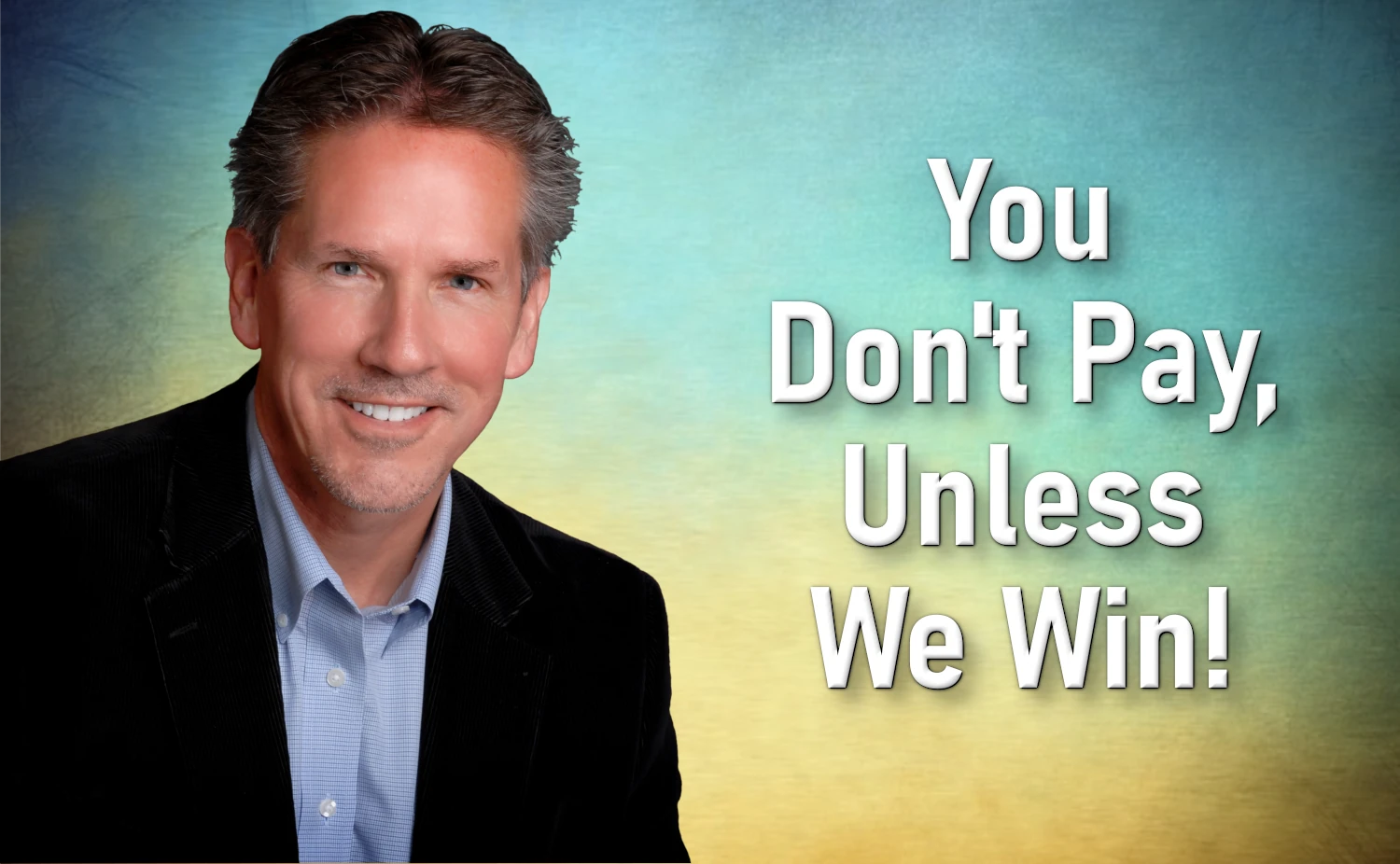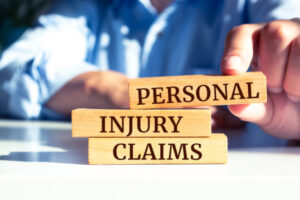Featured Article

When “Tina” (name changed) got hit by a distracted driver on her way home from work, she was lucky to survive. Her bike was totaled, and her leg was badly broken. After weeks of physical therapy and surgery, she assumed the insurance company would help her get back on her feet.
Instead, she got lowballed. The adjuster told her that her medical bills seemed “too high,” that her injuries “didn’t match the impact,” and that she “might have shared some blame.” Tina quickly realized something was wrong — the system that was supposed to help her was working against her.
Sadly, this is a story we hear all too often at the Law Office of David M. Kennedy. Motorcycle accident victims are among the most vulnerable people on the road — and the insurance industry knows it. Understanding insurance company tactics is the first step to protecting yourself from unfair treatment.
The Bias Against Motorcyclists
Let’s start with the obvious: many people assume motorcycle riders are reckless or take unnecessary risks. Insurance companies often lean on this stereotype to justify offering smaller settlements.
They might say things like:
- “You must have been speeding.”
- “You should’ve seen the other car.”
- “You could have avoided it.”
Even if you did everything right, those assumptions can impact how your claim is valued. Adjusters may downplay your injuries or question your decisions at the scene — all based on bias, not facts.
At the Law Office of David M. Kennedy, we push back hard on this kind of reasoning. We show insurers and juries the truth: most motorcycle crashes are caused by drivers who fail to see or respect riders’ right of way.
How Insurance Company Tactics Devalue Motorcycle Injury Claims
There’s one thing you should understand about insurance companies: their primary goal is to pay out as little as possible. They use polished language and friendly adjusters, but behind the scenes, their systems are designed to protect profits — not people.
Here are some of the most common insurance company tactics used to minimize motorcycle accident claims:
1. Questioning the Severity of Your Injuries
If you didn’t go straight to the ER or take an ambulance, insurers may claim your injuries “can’t be that serious.” They use delays in treatment to argue that you’re exaggerating or that your injuries came from something else entirely.
In reality, many motorcycle injuries — like concussions or internal trauma — don’t show immediate symptoms. That’s why early medical documentation is so important.
2. Using Your Words Against You
Adjusters often call soon after an accident, hoping to catch you off guard. They’ll ask “routine” questions, but their goal is to get you to say something they can twist later. Even a simple “I’m doing okay” can be spun as proof that your injuries aren’t serious.
Never give a recorded statement or discuss details until you’ve spoken with a lawyer.
3. Blaming the Rider
One of the most frustrating insurance company tactics is shifting blame. They might claim you were speeding, weaving through traffic, or not wearing proper gear — anything to assign partial fault. Under Texas’s comparative negligence law, even a small percentage of blame can reduce your settlement.
Your attorney’s job is to gather evidence — like traffic camera footage and witness statements — to prove the other driver’s negligence.
4. Downplaying Non-Economic Damages
Pain, emotional trauma, and loss of enjoyment don’t show up on hospital bills, so insurers often undervalue them. But for many motorcycle accident victims, these damages are life-changing. A lawyer can help ensure your suffering is properly accounted for in the claim.
How to Protect Yourself After a Motorcycle Accident
You can’t control what an insurance company does, but you can control how you respond. Here’s how to stay one step ahead:
1. Document Everything
Take photos of the accident scene, your motorcycle, your injuries, and your medical treatments. Save every bill, record, and doctor’s note. If you miss work or can’t do daily activities, write it down. The more evidence you have, the stronger your claim will be.
2. Get Medical Care Immediately
Even if you feel “okay,” get checked out as soon as possible. Delayed treatment gives insurers ammunition to question your claim. Make sure all your symptoms are documented and follow through with all recommended care.
3. Avoid Talking to Adjusters Alone
It’s not rude to protect yourself — it’s smart. Insurance representatives are trained to make you feel comfortable while gathering information to reduce your payout. Politely refer them to your attorney instead, or get their contact information and give that to your attorney.
4. Don’t Post About the Accident on Social Media
Photos or comments can be taken out of context. A simple post about feeling better could be used to undermine your injury claim. Stay quiet online until your case is resolved.
5. Call an Experienced Personal Injury Attorney
The best way to beat unfair insurance company tactics is to work with someone who knows how they operate. Many insurance companies devalue motorcycle injury claims as a standard practice. That’s why you need help.
At the Law Office of David M. Kennedy, we’ve seen every trick in the book — from lowball settlements to delayed payments. We know how to fight back with facts, documentation, and strong legal advocacy. Our job is to protect you from intimidation and ensure your story is told truthfully and completely.
Standing Up for Motorcycle Riders Across Texas
Motorcycle accident victims face a unique uphill battle. Between physical pain, medical debt, and insurance pressure, it’s easy to feel like the odds are stacked against you. But you don’t have to face it alone.
At the Law Office of David M. Kennedy, we believe every rider deserves to be treated with dignity and fairness. We take the time to understand your injuries, your story, and your goals — then we fight relentlessly to secure justice on your behalf.
If you’ve been injured in a motorcycle accident, don’t wait for the insurance company to decide what your recovery is worth. Call us at (903) 819-0720 or Email today for your free consultation, and let us stand up for you — so you can focus on healing and getting your life back.




